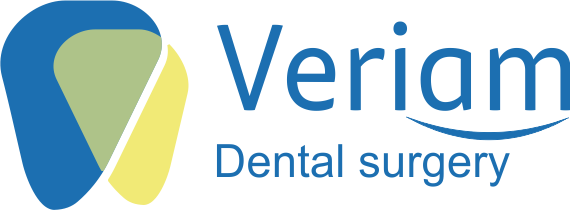Additional Information
Comments and Complaints
In this practice we take any complaints seriously and try to ensure that all our patients are pleased with their experience of our service. Any complaint will normally be acknowledged in writing within 3 working days. The complaint will be investigated and responded to within 25 working days of the complaint. if patients are not satisfied with the result of our procedure then a complaint may be made to:
The Dental Complaints Service (08456 120540) for complaints about private treatment.
The Care Quality Commission (03000 616161) the general health regulator.
The General Dental Council (0845 2224141) the dentist’s regulatory body
In the event of any member of staff being verbally or physically abused treatment will be terminated and legal action may be taken.
All Patient data is held in strict confidence and in accordance with the Data Protection Act.
Veriam Dental Surgery
Veriam Dental Surgery is a Limited Company. (Company No. 07722051). The registered office is Veriam Dental, Dolton road, Maybush, Southampton, SO16 5DT. Director: Dr Lianne Steadman.
